What to expect of our Air Conditioner Instalations?
Fully insured, licensed technicians who know how to get the job done as fast and effective possible.
State Of The Art and Top Of The Range products, the latest brands and models.
A maintenance program to keep your new airconditioner running perfectly and ensure that you get the most from your warranty.
Affordable ac units in line with energy efficiency policies as well as environmentally friendly practices at all times.
View our aircon specials page for the latest deals
Air conditioning is an important part of your home; finding relief from the heat of summer or the cold of winter is dependent upon your air conditioning system. At Technicool, our team of air conditioning installation experts in Sandton specialize in the installation of high quality air conditioning systems. Whether it involves retrofitting to an older home or installations in some of Sandton’s newest homes.
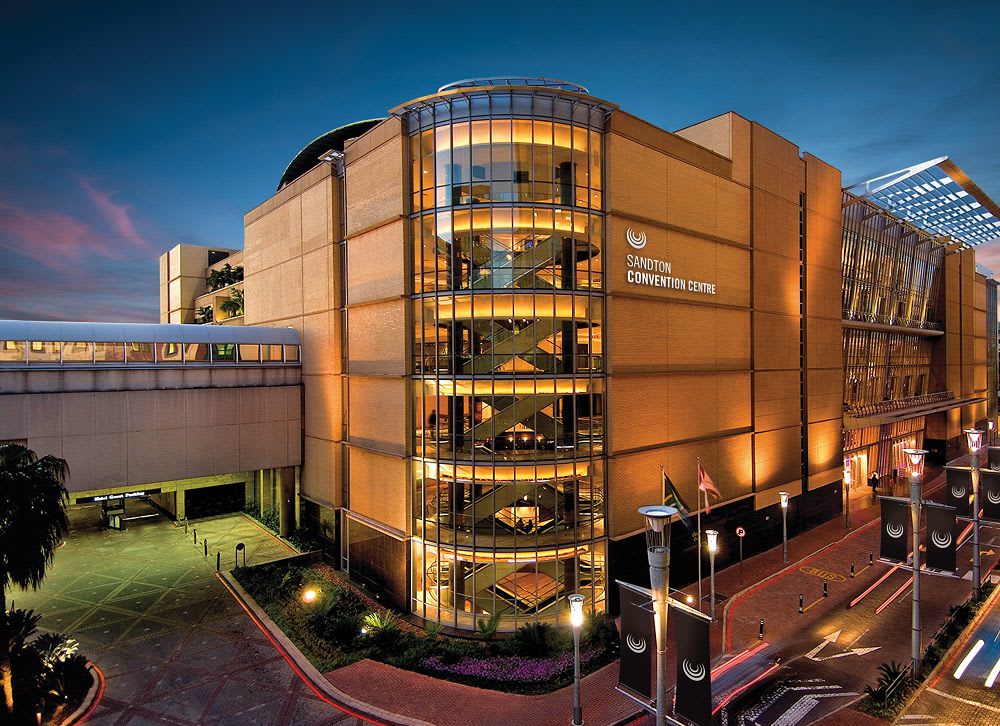
If your system isn’t cooling enough:
Check the filter for buildup. If you have one-inch-thick furnace filters, a once-a-month change is recommended. Two-inch-thick filters – and other high-capacity pleated filters – usually only need to be changed every other month, depending on the type. If you don’t change it, the filter will eventually block the proper airflow and cause your outdoor air conditioner unit to shut down.
Check all return air grilles to make sure they are not blocked. Return air grilles are larger and are located on a wall or the ceiling in newer homes. Older homes frequently have return air grilles on the floor.
Check all supply registers to make sure they are open and blowing air.
If you still don’t feel the flow of cool air or your system is under-delivering, it’s time to contact your local aircon expert – Technicool Air Conditioning – for service.
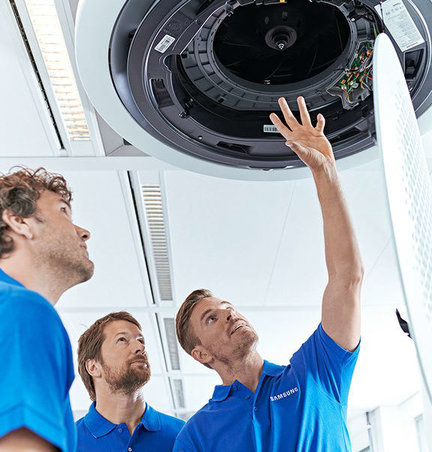
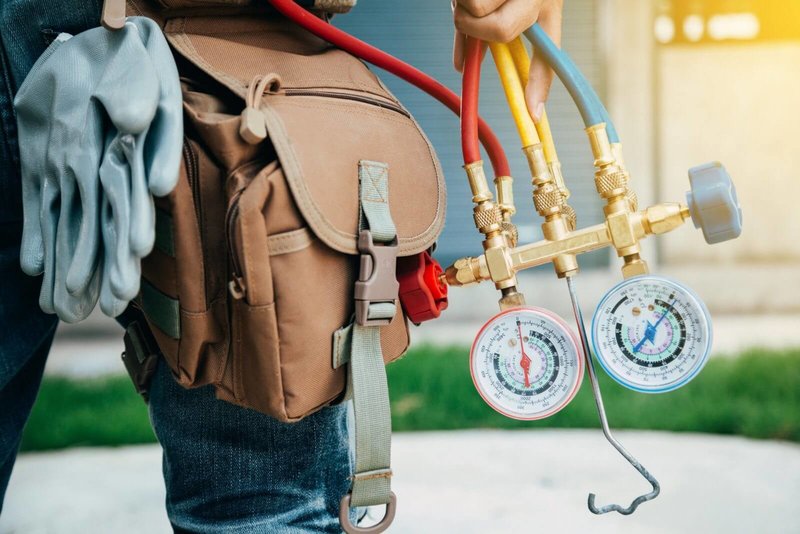
What maintenance is required for my new air conditioner?
To ensure that your air conditioner is operating at its most effective and most efficient, there are a few small steps you can take, which we’ll normally run through with you at the end of the installation.
The most notable of these is the regular cleaning of your air filters. Cleaning your air filters will maintain cool, clean airflow through your air conditioning unit. We encourage you to ask your air conditioner installer to demonstrate how this can be done.
Additionally, we recommend that you inspect your outdoor units with some frequency to ensure that no obstacles have been placed in front of the compressor that will restrict the airflow. This might also involve cutting back thick shrubs or bushes.
Your air conditioner has to be services by an accredited technician at least once a year in order to keep your warranty valid.
How do I choose the right size air conditioner?
Air Conditioning BTU
BTU is often used as a point of reference for comparing different fuels. Even though they’re physical commodities and quantified accordingly, such as by volume or barrels, they can be converted to BTUs depending on the energy or heat content inherent in each quantity. BTU as a unit of measurement is more useful than physical quantity because of fuel’s intrinsic value as an energy source. This allows many different commodities with intrinsic energy properties to be compared and contrasted; for instance, one of the most popular is natural gas to oil.
BTU can also be used pragmatically as a point of reference for the amount of heat that an appliance generates; the higher the BTU rating of an appliance, the greater the heating capacity. As for air conditioning in homes, even though ACs are meant to cool homes, BTUs on the technical label refer to how much heat the air conditioner can remove from their respective surrounding air.
Room/House Width, Length, and Ceiling Height
Obviously, a smaller area room or house with shorter lengths and widths require fewer BTUs to cool/heat. However, volume is a more accurate measurement than area for determining BTU usage because ceiling height is factored into the equation; each three-dimensional cubic square foot of space will require a certain amount of BTU usage to cool/heat accordingly. The smaller the volume, the fewer BTUs are required to cool or heat.
Insulation Condition
Thermal insulation is defined as the reduction of heat transfer between objects in thermal contact or in range of radiative influence. The importance of insulation lies in its ability to lower BTU usage by managing as much as possible the inefficient wasting of it due to the entropic nature of heat – it tends to flow from warmer to cooler until there are no longer temperature differences.
Generally, newer homes have better insulating ability than older homes due to technological advances as well as more strict building code. Owners of older homes with dated insulation that decide to upgrade will not only improve on the ability for the home to insulate (resulting in friendlier utility bills and warmer winters), but also have the value appreciation of their homes.
The R-value is the commonly used measure of thermal resistance, or ability of heat to transfer from hot to cold through materials and their assembly. The higher the R-value of a certain material, the more it is resistant to the heat transfer. In other words, when shopping for home insulation, higher R-value products are better at insulating, though they’re usually more expensive.
When deciding on the proper input of insulation condition into the calculator, use generalized assumptions. A beach bungalow built in the 1800s with no renovations should probably be classified as poor. A 3-year-old home inside a newly developed community most likely deserves a good rating. Windows normally has poorer thermal resistance than walls. Therefore, a room with lots of windows normally means poor insulation. When possible try to install double glazed windows to improve insulation.
Desired Temperature Increase or Decrease
To find the desired change in temperature to input into the calculator, find the difference between the unaltered outdoor temperature and the desired temperature. As a general rule of thumb, a temperature between 21 and 25°C is a comfortable temperature for most people.
Homes in more extreme climates will obviously require more radical changes in temperature, resulting in more BTU usage. For instance, heating a home in Alaskan winter or cooling a home during a Houston summer will require more BTUs than heating or cooling a home in Honolulu, where temperatures tend to stay around 25°C year-round.
Other Factors
Obviously, size and space of house or room, ceiling height, and insulation conditions are very important when determining the amount of BTUs required to heat or cool a house, but there are other factors to keep in mind:
- The number of dwellers residing inside the living spaces. A person’s body dissipates heat into the surrounding atmosphere, requiring more BTUs to cool and fewer BTUs to warm the room.
- Try to place the air conditioner condenser on the shadiest side of the house, which will usually be north or east of it. The more the condenser is exposed to direct sunlight, the harder it must work due to the higher surrounding air temperature, which consumes more BTUs. Not only will placing it in a shadier area result in greater efficiency, but it will extend the life of the equipment. It is possible to try and place shady trees around the condenser, but keep in mind that condensers also require good surrounding airflow for best efficiency. Make sure neighboring vegetation does not interfere with the condenser, blocking air flow into the unit and choking it.
- Size of air conditioning condenser. Units too big cool homes too rapidly. Therefore, they don’t go through the intended cycles, which were intentionally designed for out of the factory. This may shorten the lifespan of the air conditioner. On the other hand, if the unit is too small, it will run too often throughout the day, also overworking itself to exhaustion because it isn’t being used efficiently as intended.
- Ceiling fans can assist in lowering BTU usage by improving air circulation. Any home or room can be a victim of dead spots, or specific areas of improper airflow. This can be the back corner of the living room behind a couch, the bathroom with no vent and a big window, or the laundry room. Thermostats placed in dead spots can inaccurately manage the temperatures of homes. Running fans can help to distribute temperatures evenly across the whole room or house.
- The color of roofs can affect BTU usage. Darker surface absorbs more radiant energy than a lighter one. Even dirty white roofs (with noticeably darker shades) compared to newer, cleaner surfaces resulted in noticeable differences.
- Efficiency decrease of the heater or air conditioner with time. Like most appliance, the efficiency of the heater or air conditioner decrease with usage. It is not uncommon for an air conditioner to loss 50% or more of its efficiency when running with insufficient liquid refrigerant.
- Shape of the home. A long narrow house has more wall than a square house with the same square footage, which means heat loss.

Wind-Free Good Sleep mode
Good Sleep mode with Wind-Free Cooling creates the ideal climate for a good night’s sleep – without cold air flow. Its temperature control with Wind-Free cooling helps you fall asleep fast, sleep deeply, and wake refreshed.
Wind-Free 2-Step Cooling mode
The 2-Step Cooling mode cools the air fast in Fast Cooling mode, then automatically changes to Wind-Free mode to maintain the temperature. So you stay comfortable, without cold spots, and don’t need to change settings.
LG Smart Energy Saving Aircons
Inverter Compressor constantly adjusts a compressor’s speed to maintain desired temperature levels. Moreover, Dual Inverter Compressor™ with power saving operation range frequency saves more energy than conventional compressor.
LG Fast Cooling Units
LG air conditioner begins cooling the air fast using its high speed cooling range with Dual Inverter Compressor™, so it expels air farther and cool spaces faster.
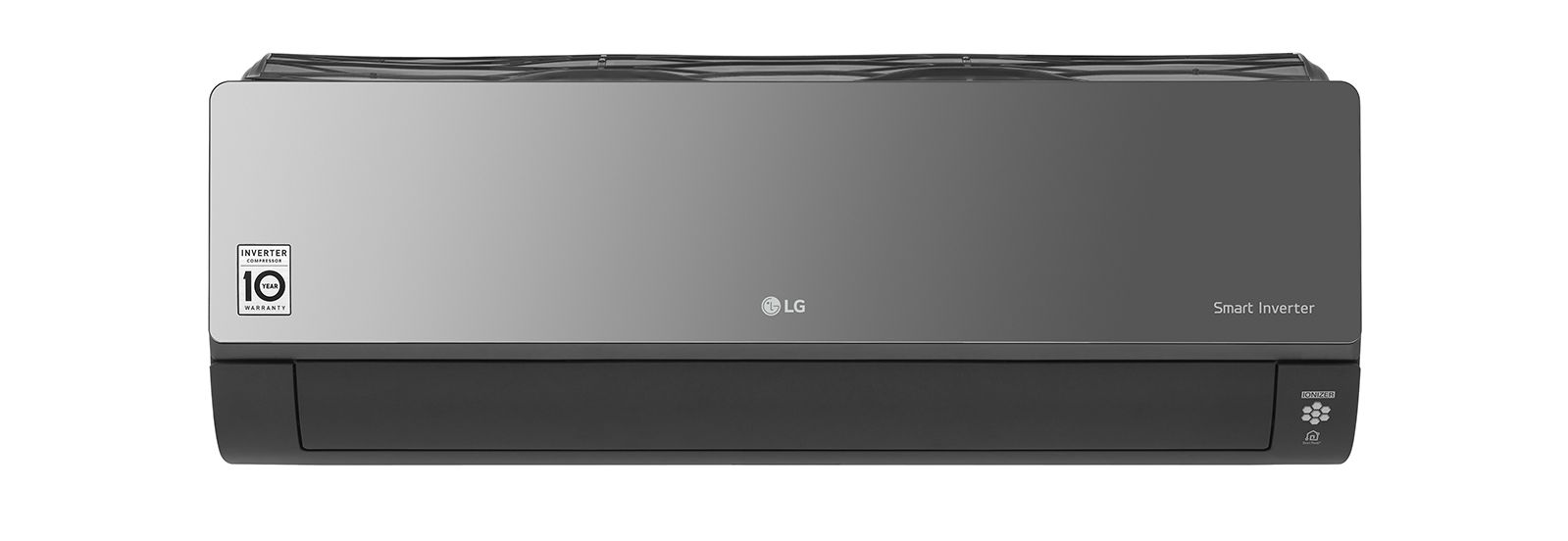
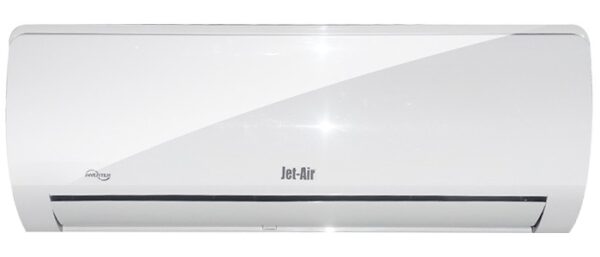
Jet-Air Supplier
JA SA Import & Export CC is one of the leading professional air conditioning and water-heating distributor and importer in South Africa. Jet-Air is our brand name. The company was established in 1999. All our air conditioners are powered by world-famous compressors such as Hitachi, Toshiba, Panasonic; and made by top Chinese manufacturers. Our products have been granted CB and NRCS certificates.
We provide a wide range of environmentally-friendly air-conditioners for commercial and residential use to meet your every need, as well as heat pumps. We ensure you top quality, reliable after-service and competitive price.



